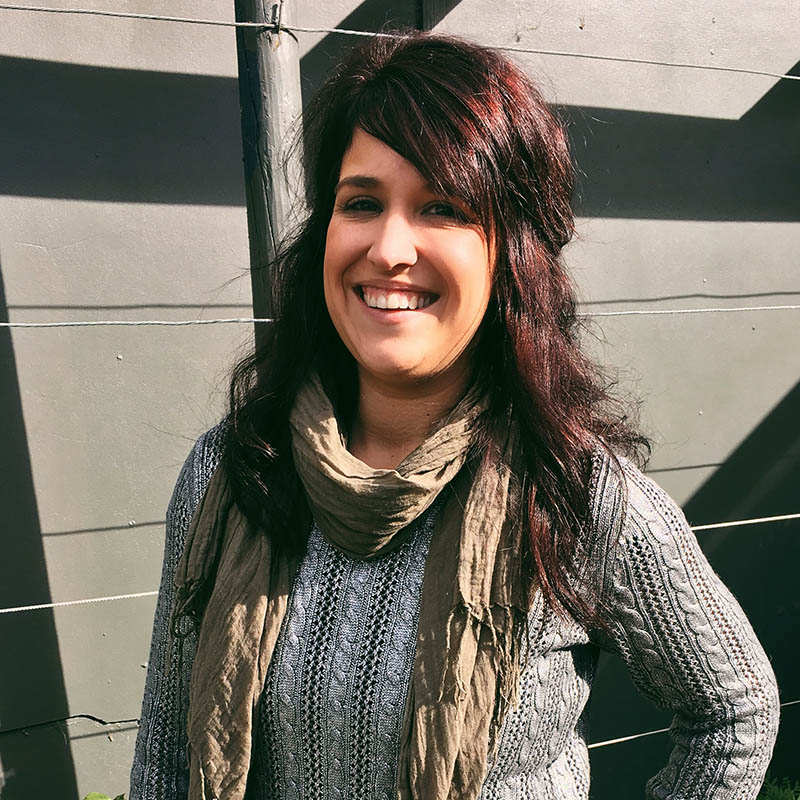Ready to take a stand for those who need it? To help empower, represent and protect the vulnerable as you work with people from all backgrounds? Then you’ve come to the right place. Make a difference with a career in law or criminology – at the university with the highest undergraduate employment rate in Australia.
Law / criminology degrees
Kickstart your career in the legal profession with our Bachelor of Laws.
Create change for communities with a Bachelor of Criminology.1
And they are backed up by Australia’s highest graduate employment rate. That’s right, Charles Sturt grads get jobs faster after completing their course than students from any other uni.
What can I do with an undergraduate law degree?
With our Bachelor of Laws you can make an impact in government, not-for-profit or private enterprise roles. As a skilled law professional you’ll be able to work at the heart of regional communities, drive advocacy and improve access to legal representation. You could work for government or a not-for-profit addressing human rights, environmental law, or native title and Indigenous affairs. Work in commercial law or legal aid. And with further study, you can take your career to the next level as a solicitor or barrister.
The even better news is that when you start your career with an undergraduate law degree from Charles Sturt, you’re going to be in demand. When 99% of our undergrads find jobs in their field, you know you’re setting yourself up for career success.
Why pursue a career in law?

For Charles Sturt Bachelor of Laws graduate Amber Jennings, making a difference in regional communities has always been her goal.
“I want a career in law where I can make a difference to my community. I’ve have always dreamt of becoming a rural lawyer and this course is making it a reality. I grew up in a rural and regional area. As a result, I was drawn to the Bachelor of Laws as it’s the only law course with a special focus on rural and regional issues.”
Charles Sturt online law student Matthew Allen will use his law degree to take a stand for justice.

“Why study law? Well, it means I’ll be able to stand up for people and fight for justice in ways others can’t. As a lawyer you’re very privileged to be able to dispute legal issues on behalf of those who are stuck in tough situations or find the legal system confusing or intimidating. We can fight for them and for fair outcomes. After all, justice shouldn’t be based on how much money you have or whether you’re able to understand the legal system. It should only be based upon what is right and what is wrong.
Criminology careers
Help to address some of society’s most complex social problems and work closely with communities.
At Charles Sturt, you’ll have the opportunity to study a range of areas of criminology. So you can find the ideal start to your career in policing, juvenile justice, corrections, youth advocacy, and refugee work. You could also choose to work with offenders, victims or families, welfare organisations, corrections, or state or federal policing.
Advocate in criminology
Charles Sturt Bachelor of criminology graduate Dillion Van de Wint found her calling while on work placement.

“Criminology is a bit of an umbrella course. There’s a bit of sociology, psychology and criminology. It was really broad and helped me to navigate what I found interesting and what I could choose as electives. I also did work placement with a Bathurst organisation called Young Mob. Doing work placement there really shaped what I wanted to do – above all, it strengthened that I wanted to work with kids.”
“Now I mostly work in the youth refuge. We work as advocates for children or young people who find themselves homeless or soon-to-be homeless, and we try to work with their families and the community to find them somewhere stable to stay. A typical day is working in the refug,e and a lot of the time we do living skills with the children. We also do case plans with them, help them cook and clean, take them to school and help with their homework. Moreover, we try to provide a homely environment and create a safe place for them.”
Start your career in law or criminology
Ready to make a difference in your community – and land a secure career?
Courses for a career in law and criminology
1Cricos: 022895G
2Cricos: 103014D


You must be logged in to post a comment.